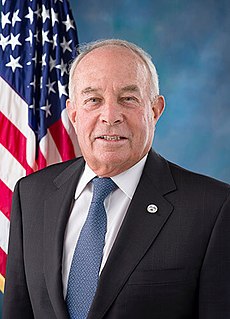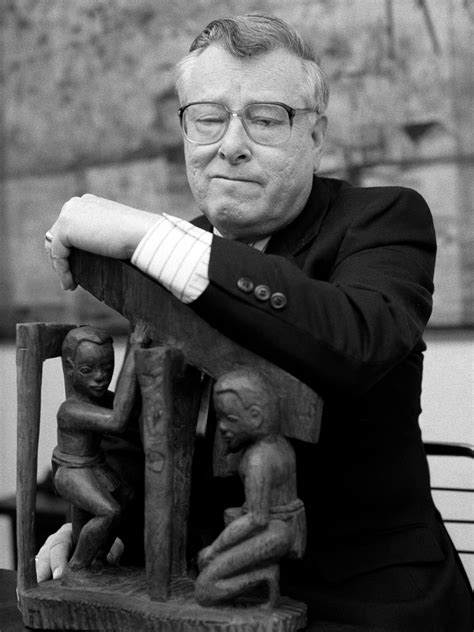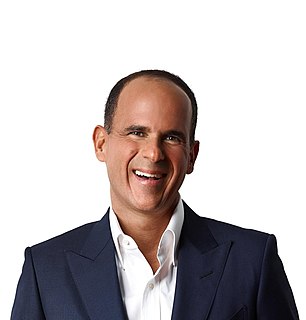A Quote by Margo Georgiadis
The best way I've learned to navigate pivotal moments in my career is by actively cultivating a personal board of directors. The most successful companies and nonprofits have strong boards to help guide them, so why not create our own? The needs are quite similar.
Related Quotes
There are so many ways to help, by either sharing your skills or expertise, joining our board of directors or advisory boards, and donating. Regardless of what or how you share with ISF, we recognize that we don't have all the answers, and that solutions lie not in commonality but in diversity. Welcoming a broad range of thinkers, creators, and doers is what makes this organization thrive.
The most successful executives are often men who have built their own companies. Ironically their very success frequently brings to them and members of their families personal problems of an intensity rarely encountered by professional managers. And these problems make family businesses probably the most difficult to operate.
Most of what happens in the world is far beyond a dog's comprehension, so they must turn to their faith in us to help them navigate life's treacheries. Don't we, also, have unanswerable questions about the vagaries of modern existence for which the answer is beyond human grasp, so that only our faith can guide us?
Usually, you can figure out where a person's mistakes came from if you ask them the genesis of their thought process: 'Why did you do it this way?' As opposed to telling them they did it the wrong way. Understanding their thought process will ultimately help you be able to communicate with them and navigate around them.
It's always interesting to watch people who have been incredibly successful in their own businesses work in a group made up of equally strong personalities. It takes a special kind of leader who can effectively manage a team of veritable strangers and find the best way to get strong, winning performances from them.


































